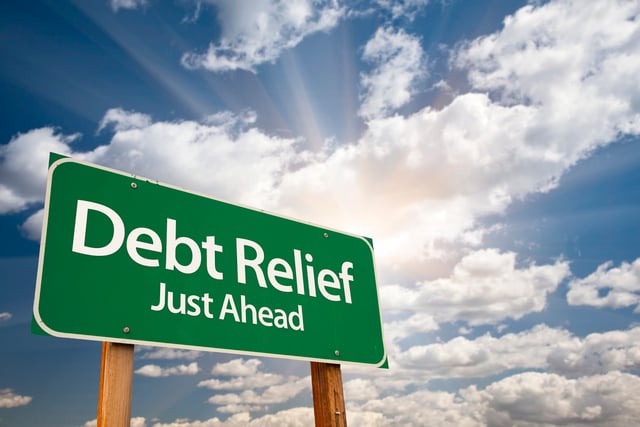
When a debt goes unpaid long enough, lenders often sell or transfer it to a collection agency. This step is more than a business move—it’s a signal that the lender doesn’t believe the original terms will be met. For you, it’s a red mark that can significantly lower your credit score. While it may feel like the end of the road, it isn’t. There are ways to repair the damage and move forward. Some people explore options like debt consolidation in Pennsylvania before their debts reach collections, since consolidation can simplify payments and help prevent accounts from falling behind. If a debt has already entered collections, however, it’s important to understand exactly how it impacts your credit and what steps you can take.
The Immediate Impact on Your Credit Score
When a debt is reported as being in collections, the effect on your credit score can be dramatic. Even if you have a history of on-time payments, one account in collections can pull your score down quickly. The drop varies depending on your credit history, but it’s not unusual to see a decline of 50 to 100 points or more. Because payment history is the most important factor in credit scoring, collections are viewed as a serious negative event.
Why the Damage Lessens Over Time
One important thing to remember is that the impact of collections fades as time passes. Credit scoring models weigh recent behavior more heavily than old mistakes. That means a collection account from last month is far more damaging than one from five years ago. Even though the account may remain on your credit report for up to seven years, its power to drag down your score diminishes over time, especially if you build positive credit activity in the meantime.
The Role of Payment in Collections
Paying off a collection doesn’t erase it from your credit report right away, but it does change how lenders view you. Some credit scoring models, like more recent versions of FICO and VantageScore, ignore paid collections when calculating your score. That means once the debt is settled, it may stop hurting you as much—or at all—depending on which scoring model a lender uses. Even when it doesn’t immediately boost your score, paying off collections shows responsibility and can make a positive impression on potential lenders or landlords reviewing your report.
Negotiating With Collection Agencies
While dealing with collection agencies can feel stressful, you often have options. Some agencies may accept a settlement for less than the full amount owed, while others may agree to mark the account as “paid in full” once you complete repayment. In some cases, you might even negotiate for a “pay for delete” agreement, where the agency removes the collection from your credit report entirely after payment. These arrangements aren’t guaranteed, but it’s worth asking if you’re in a position to pay.
How Collections Affect More Than Just Loans
The influence of debt in collections goes beyond your ability to borrow money. Landlords, insurance companies, and even some employers review credit reports. A collection account may raise concerns about reliability or financial stability. This is why addressing collections, even if they’re old, can be valuable. Taking care of them can prevent roadblocks in areas of life that aren’t directly related to borrowing.
Rebuilding After a Collection
The good news is that you’re not stuck with the consequences forever. Rebuilding credit after a collection account is possible, and many people do it successfully. Paying bills on time, keeping credit card balances low, and avoiding new delinquencies all contribute to recovery. Over time, these positive actions outweigh the negative history, and your score gradually improves. Adding new, healthy credit accounts—like a secured credit card—can also help establish a better track record.
Final Thoughts
Debt in collections is one of the most damaging events for your credit, but it doesn’t define your financial future. The effect fades with time, and paying or settling collections can reduce the harm depending on the scoring model used. While it can feel like a major setback, it’s also an opportunity to build stronger habits and move toward financial recovery. Whether you’re trying to prevent accounts from reaching collections with strategies like consolidation or addressing debt that’s already there, the key is taking action. With persistence, the weight of collections will eventually give way to progress and stability.
Disclaimer
The information contained in South Florida Reporter is for general information purposes only.
The South Florida Reporter assumes no responsibility for errors or omissions in the contents of the Service.
In no event shall the South Florida Reporter be liable for any special, direct, indirect, consequential, or incidental damages or any damages whatsoever, whether in an action of contract, negligence or other tort, arising out of or in connection with the use of the Service or the contents of the Service. The Company reserves the right to make additions, deletions, or modifications to the contents of the Service at any time without prior notice.
The Company does not warrant that the Service is free of viruses or other harmful components












